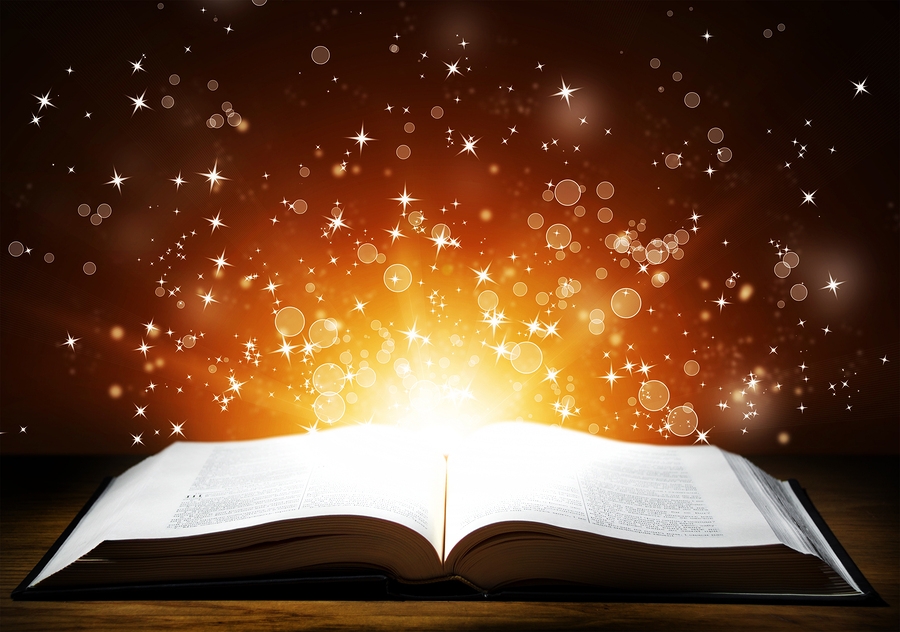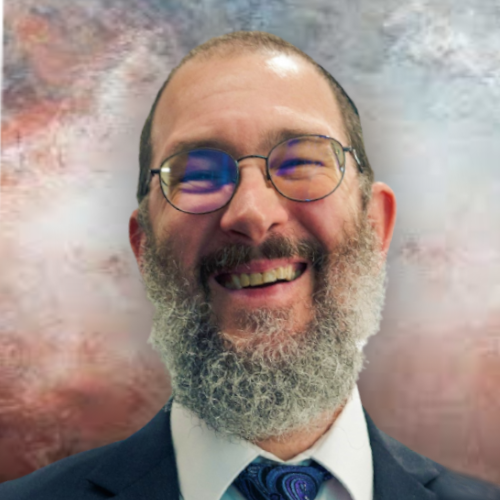
"We no longer live in a world of fact-based decisions but of decision-based facts."
Attributed to Nobel Prize-winning economist Daniel Kahneman, this quote might prove the epitaph of modern society. Popular disdain for empirical reality is bad enough. Even worse is that we had fair warning. Half a century ago, New York Sen. Daniel Patrick Moynihan observed, "You're entitled to your opinion but not your own facts."
How does the post-truth mindset justify itself? By invoking the reasonable-sounding argument that we can no longer expect to be adequately informed. Flooded with more data than anyone can process, we have no choice but to replace information with intuition as the basis for coherent decision-making. Right?
Doctors have long joked that the sea of medical knowledge has grown so vast that a specialist is someone who knows everything about nothing, while a generalist is someone who knows nothing about everything.
Today, the same information overload applies to virtually every subject and discipline. The resulting tension between all we can know and all we need to know suggests the current addition to the Ethical Lexicon:
Rational ignorance | noun
The decision to remain uninformed because the perceived cost of acquiring information outweighs the potential benefit.
Don't you wish you could read the biographies of all our presidents, the histories of ancient empires and ancient wars, the philosophical musings of civilization's most profound thinkers? Wouldn't it be wonderful to revisit all the great works of literature I skimmed through or skipped over in high school and college?
I'd also like to study all the pressing political topics of the day: Tariffs, taxes, vaccines, outsourcing, immigration, AI, and the complexities of realpolitik. If only I could research every municipal and state candidate on every ballot, as well as those long lists of judges seeking reelection in every cycle.
So why don't I? Simple: I don't have time. I sometimes envy Bill Murray in "Groundhog Day" for the chance to focus on nothing but the development of his own mind for weeks and months and years.
But here's the rub: Not every choice to remain ignorant is rational. Recognizing our own human limitations is worlds apart from imposing arbitrary limitations on ourselves. It's far too easy to withdraw from civil discourse and constructive disagreement because we don't want to confront ideas that challenge our preconceptions by supporting perspectives contrary to our worldview.
The human brain is lazy; it seeks to conserve the energy needed to absorb and process new information. And yet, despite our resistance to rational analysis, we possess a seemingly limitless capacity for rationalization. The more daunting it becomes for us to know all we need to know, the more easily we rationalize not needing to know anything at all.
This, too, was anticipated. It's why the Founding Fathers created not a true democracy but a democratic republic. Precisely because average citizens can't expect to understand the complexities and nuances of legislative dynamics, the Framers designed a system in which We The People appoint trustworthy representatives to study the issues and debate decisions that align with and promote the general welfare.
In such a system, laborers, doctors, artisans and merchants leave governing to our elected officials. But that system stands and survives only on a foundation of character and ethics.
We take it for granted that candidates will pander to the public and define their positions based on polling rather than principle. By forfeiting both credibility and trust, they encourage the electorate to vote for self-interest instead of common interest.
How do we, the electorate, respond? We default to voting our feelings and visceral impulses. Once we no longer recognize the value of facts and logic, rational thinking becomes an impediment, not an asset.
It's rational to acknowledge that we can't know everything. It's wise to admit when we don't know enough. That's why it's absolutely essential to support — indeed, to demand — leaders who don't tell us what we want to hear but who demonstrate the character to lead us where we need to go.
Previously:
• Success Thrives in the Light of Purpose and Passion
• When Seeking Peace, Don't Release the Dogs of War
• Greta Thunberg Sails Toward Moral Hypocrisy
• Checking More Boxes Is Not the Solution
• Why Sometimes NOT Seeing Is MORE Believing
• A Healthy Diet for the Brain Promotes Ethical Clarity for the Mind
(COMMENT, BELOW)
Rabbi Yonason Goldson graduated from the University of California at Davis with a degree in English, which he put to good use by setting off hitchhiking cross-country and backpacking across Europe. He eventually arrived in Israel where he connected with his Jewish roots and spent the next nine years studying Torah, completing his rabbinic training as part of Ohr Somayach's first ordination program. After teaching yeshiva high school for 23 years in Budapest, Hungary, Atlanta, Georgia, and St. Louis, Missouri, Rabbi Goldson established himself as a professional speaker and advisor, working with business leaders to create a company culture built on ethics and trust. He has published seven books and given two TEDx Talks, is an award-winning host of two podcasts, and writes a weekly column for Fast Company Magazine. He also serves as scholar-in-residence for congregations around the country.


 Contact The Editor
Contact The Editor
 Articles By This Author
Articles By This Author